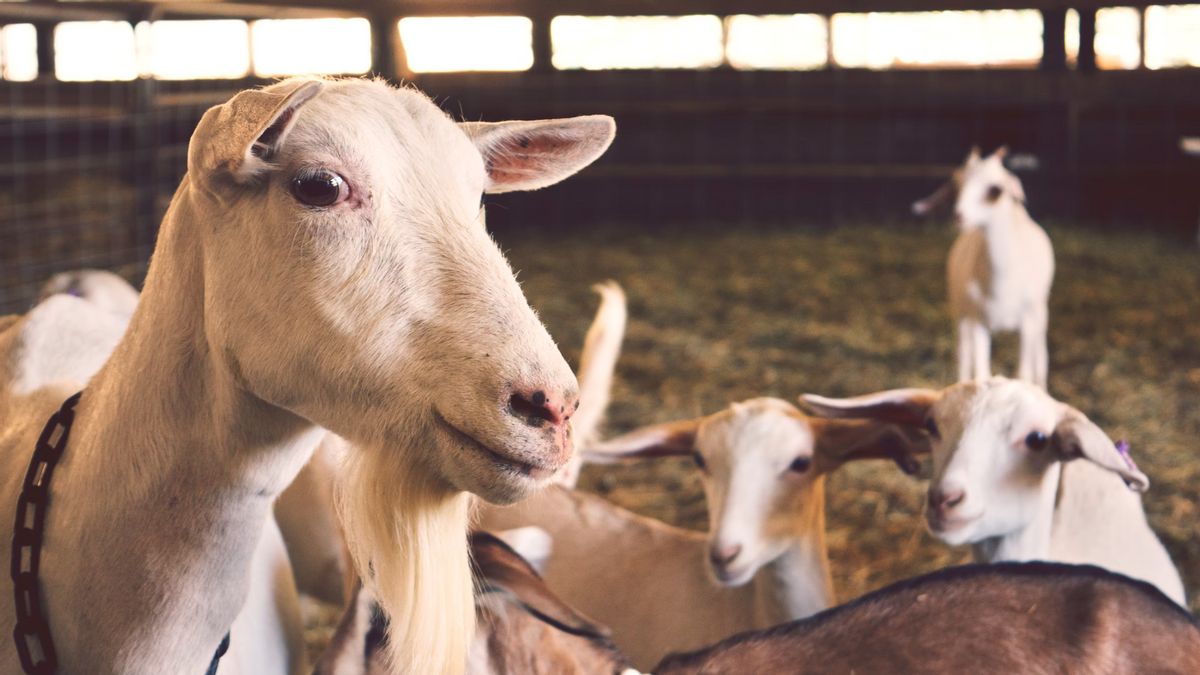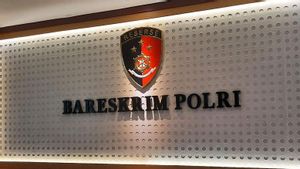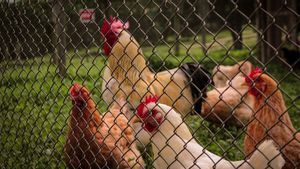JAKARTA - More than 16,500 goats and sheep were tested for viral infection known as the goat outbreak in Greece, after nine animals tested positive last week in livestock units in the area.
Greece first detected the outbreak of the "petste des petuts necants" virus, also known as the PPR or "goat outbreak" on July 11.
So far, about 2,500 animals have been destroyed, all on affected farms in the Larissa and Trikala regions. A total of 16,500 people underwent tests, state spokeswoman Pavlos Marinakis told reporters.
Greece is still trying to determine the source of the PPR outbreak in its country, an official said.
Reported by Reuters on Monday, July 22, more than 100 veterinarians in the public and army sectors will be deployed to test the livestock, with an additional 120,000 animals expected to be examined on Friday this week. Of course, there will be further tests if needed, the official said.
"Edemiological investigations are being carried out to find out how this disease started," he added.
SEE ALSO:
This virus causes fever, wound and lesion, shortness of breath, and diarrhea in infected animals. This poses no threat to human health.
The local government has quarantined sheep and goats and banned slaughters throughout Thessaly until July 26.
The English, Chinese, Japanese, Arabic, and French versions are automatically generated by the AI. So there may still be inaccuracies in translating, please always see Indonesian as our main language. (system supported by DigitalSiber.id)
















